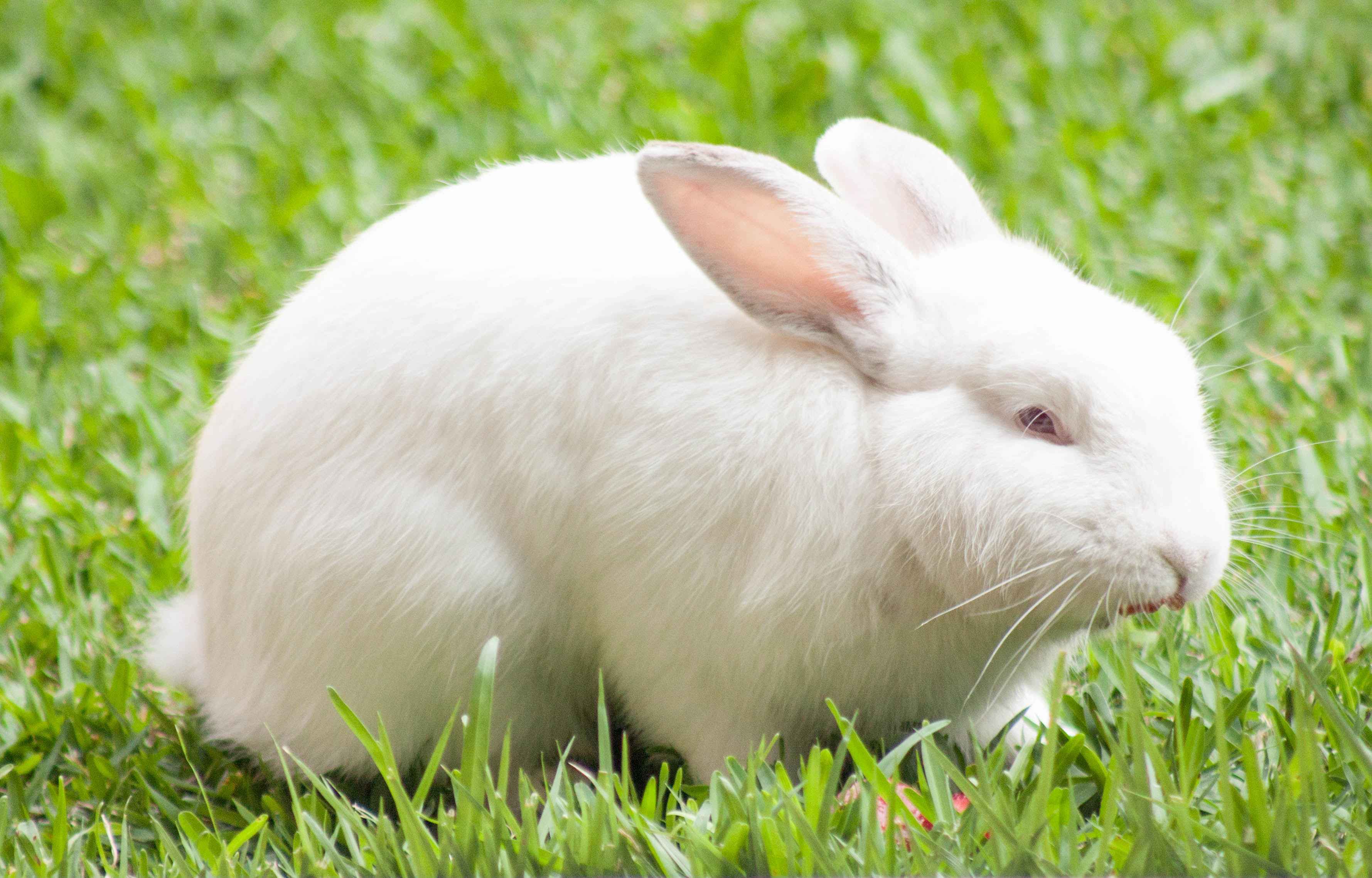Rabbits make for adorable and cuddly pets, but as with any animal, they are not immune to health issues. One common problem that pet rabbit owners might encounter is skin infections. These infections can cause discomfort and pain for your furry friend, and if left untreated, can even lead to serious health concerns. As a responsible pet owner, it is essential to know the signs and symptoms of skin infections in rabbits, as well as how to prevent and treat them. In this blog post, we will explore the causes of skin infections in pet rabbits, their symptoms, and effective treatment options to keep your bunny happy and healthy.
Rabbits are one of the most popular pets around the world. They are intelligent, affectionate, and playful. However, like any other pet, rabbits are prone to various health conditions, including skin infections. These infections can cause a lot of discomfort and pain to your bunny, which can affect their overall health and quality of life.
In this blog post, we will discuss everything you need to know about skin infections in rabbits and how to prevent and treat them.
What Are Skin Infections in Rabbits?
Skin infections in rabbits are caused by different types of microorganisms, including bacteria, fungi, and parasites. These microorganisms can affect different parts of the skin, including the hair follicles, sebaceous glands, and sweat glands. The most common types of skin infections in rabbits include:
- Fur Mites
Fur mites are tiny parasites that live on the skin of rabbits. They feed on the skin cells and hair follicles, leading to irritation, itching, and hair loss. Symptoms of fur mites include excessive scratching, scabs, and flaky skin. If left untreated, fur mites can cause severe skin infections and even death.
- Ringworm
Ringworm is a fungal infection that affects the skin, hair, and nails of rabbits. It can cause circular, scaly lesions on the skin, which can spread to other parts of the body. Symptoms of ringworm include hair loss, redness, and itching. Ringworm can also affect humans, so it’s essential to take precautions when handling infected rabbits.
Abscesses are pus-filled lumps that form under the skin of rabbits. They are usually caused by bacterial infections and can be very painful. Abscesses can occur anywhere on the body but are most common in the head, neck, and limbs. Symptoms of abscesses include swelling, redness, and discharge.
How to Prevent Skin Infections in Rabbits
Preventing skin infections in rabbits is crucial for their health and wellbeing. Here are some tips to help you keep your bunny’s skin healthy and free from infections:
- Keep Their Environment Clean
.jpg)
Rabbits are clean animals, and they need a clean and hygienic environment to stay healthy. Regularly clean their cage or enclosure, remove any soiled bedding, and disinfect their food and water bowls.
- Provide a Balanced Diet
A balanced diet is essential for the overall health of your rabbit. Provide them with fresh hay, vegetables, and fruits, and avoid giving them too many treats or sugary foods.
- Regularly Groom Your Rabbit
Grooming your rabbit regularly can help prevent skin infections and other health problems. Brush their fur to remove any loose hair, and check for any signs of skin irritation or lumps.
How to Treat Skin Infections in Rabbits
If your rabbit has a skin infection, it’s essential to seek veterinary care as soon as possible. The treatment will depend on the type and severity of the infection. Some common treatments include:
- Topical Medications
Topical medications, such as creams and ointments, are often used to treat skin infections in rabbits. They can be applied directly to the affected area to reduce inflammation and kill any microorganisms causing the infection.
- Oral Antibiotics
Oral antibiotics are used to treat bacterial infections in rabbits. They are usually administered for a few weeks and can help control the infection and prevent it from spreading.
- Antifungal Medications
Antifungal medications are used to treat fungal infections, such as ringworm. They can be administered orally or topically and can take several weeks to work.
Overall, skin infections are a common health problem in rabbits, but they can be prevented and treated with proper care and veterinary attention. By following the tips mentioned above, you can help keep your bunny’s skin healthy and free from infections. If you notice any signs of skin irritation or infection, don’t hesitate to seek veterinary care.
In conclusion, skin infections in rabbits are common and can be caused by various factors, including poor hygiene, diet, and environmental conditions. As a responsible pet owner, it’s crucial to monitor your bunny’s skin health and take preventative measures to avoid these infections. Regular grooming, a healthy diet, and a clean living environment are simple but effective ways to protect your pet bunny from skin infections. Always be observant of your bunny’s behavior and appearance, and seek veterinary care immediately if you suspect any skin issues. By following these tips, you can keep your bunny happy, healthy, and free from any skin infections.
Please follow us on Social Media


.jpg)



.jpg)

